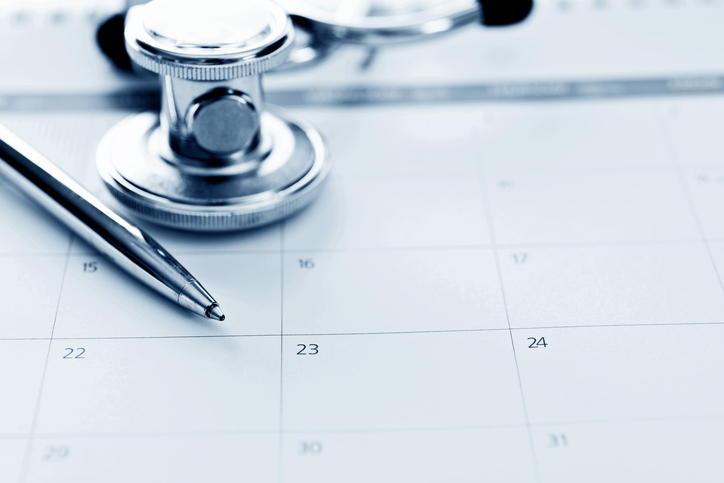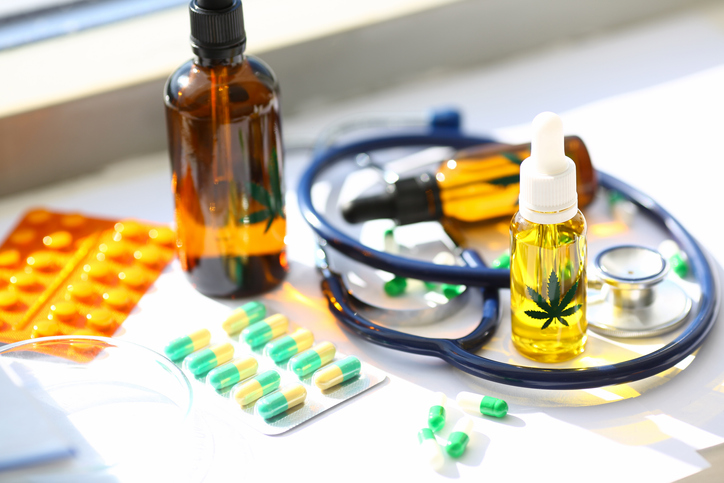Update: Track our live coverage of the hearings on the live blog.
Three days of Congressional hearings to weigh the potential disadvantages of specific government regulation of mobile health apps will hear testimony from industry experts on whether it could undermine innovation.
In some ways the House Committee on Energy and Commerce move to hold the hearings seems like a hasty a move to assert its relevance. After all, Happtique has developed a mobile health app certification program after consulting with the US Food and Drug Administration, Federal Trade Commission, and the Office of the National Coordinator for Health Information Technology for the past year and soliciting public comment on the certification requirements for developers, along with medical societies, and other industry associations. The program includes a testing facility to determine if the apps submitted do what they say they do.

With the Rise of AI, What IP Disputes in Healthcare Are Likely to Emerge?
Munck Wilson Mandala Partner Greg Howison shared his perspective on some of the legal ramifications around AI, IP, connected devices and the data they generate, in response to emailed questions.
Still, some medical apps are required to get 510(k) clearance because they could impact the patient’s health. Other companies have pursued this path by choice to add to their app’s credibility and to be taken more seriously by physicians. But there is some concern that mobile health app development could be disadvantaged by this tax. That’s one of the central issues — should the FDA should apply the medical device tax to mobile health apps that may or may not be classified as mobile devices?
The Subcommittee for Communications and Technology kicks it off tomorrow and will hear how companies have developed mobile health apps. Among the questions outlined will be should the FDA apply the medical device tax for apps classified as medical devices? How will it handle updates in response to operating system changes? Under what circumstances is an app considered a medical device? It will also look at lack of clarity on definitions and guidelines around apps and device uses that don’t neatly conform to FDA examples. An app used for tracking calories might fit under different category for personal diet purposes compared with one that a doctor recommends for a condition. How will the FDA apply device marketing guidance for tablets marketed to a nursing school or hospital that includes examples of health-related uses in advertising material?
It will be interesting to see among the witnesses appealing against a medical device tax for mobile health apps will undermine the argument for having one for the medical device industry altogether. If the argument is that it will undermine patients that would benefit from mobile health technologies, how would that be any less true of implants and diagnostics that also benefit patients?
George Ford, chief economist for the Phoenix Center for Advance Legal and Economic Public Policy Studies pointed out in a preview of his testimony: “When the medical device tax is contemplated within the context of its relationship to FDA approval, the [Affordable Care Act’s medical device tax is a particularly odd form
of taxation. I am not surprised that there is bipartisan support for a repeal of this “virtue” tax; there appears to be good reason to do so.”
Among the other witnesses in addition to Ben Chodor and Ford are: Robert Jarrin, Qualcomm senior director for government affairs; Jonathan Spatler, Mobile Future chairman; Dr. Teo Forcht Dagi, a partner with HLM Venture Partners; and Bradley Merrill Thompson of the mHealth Regulatory Coalition. To preview their testimony, check out this link.
On Wednesday March 20 at 10am, the Subcommittee for Health will hear “How innovation benefits patients.” Among the issues it will explore are what needs to be done to to foster innovation. It will look at how health IT has contributed to patient healthcare and will consider the extent to which the FDA should be involved
in regulating health IT and the impact that could have on innovation. It will also look at how the medical device tax could impact health IT.
Among the witnesses testifying are: Dr. Joseph M. Smith, West Health Institute CMO and CSO; Dr. Jacqueline Mitus, McKesson Health Solutions senior vice president, clinical development and strategy; Jim Bialick, Newborn Coalition executive director; Christine Bechtel, National Partnership for Women and Families vice president; and Dr. David Classen Pascal Metrics CMIO and an associate professor of medicine and consultant in infectious diseases at University of Utah School of Medicine.
On Thursday, the subcommittee on Oversight and Investigations will hear testimony on perspectives on innovation and regulation for healthcare IT, but witnesses had not been disclosed as of 4:30 this afternoon.
[Photo from Flickr user ttarasiuk]














